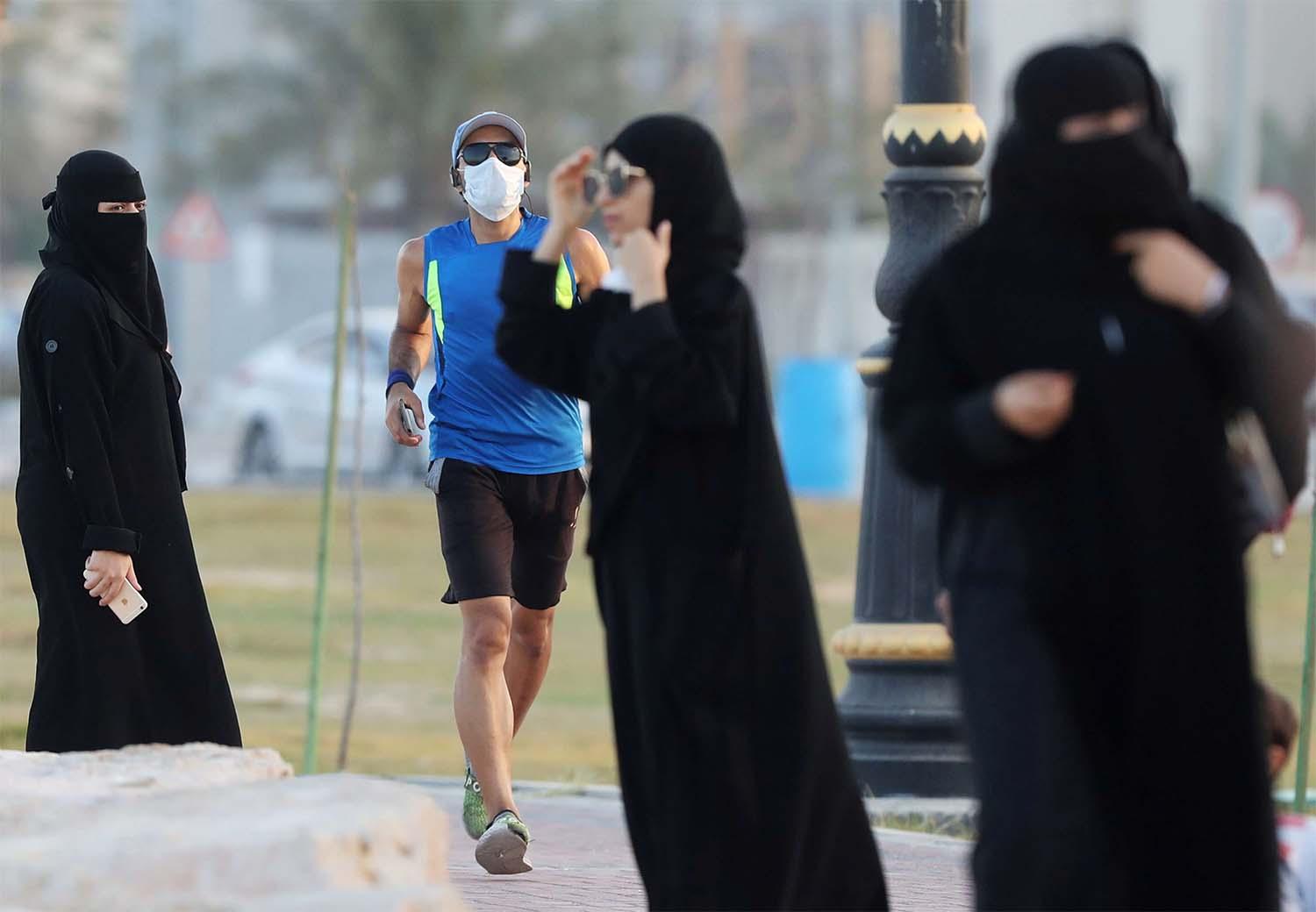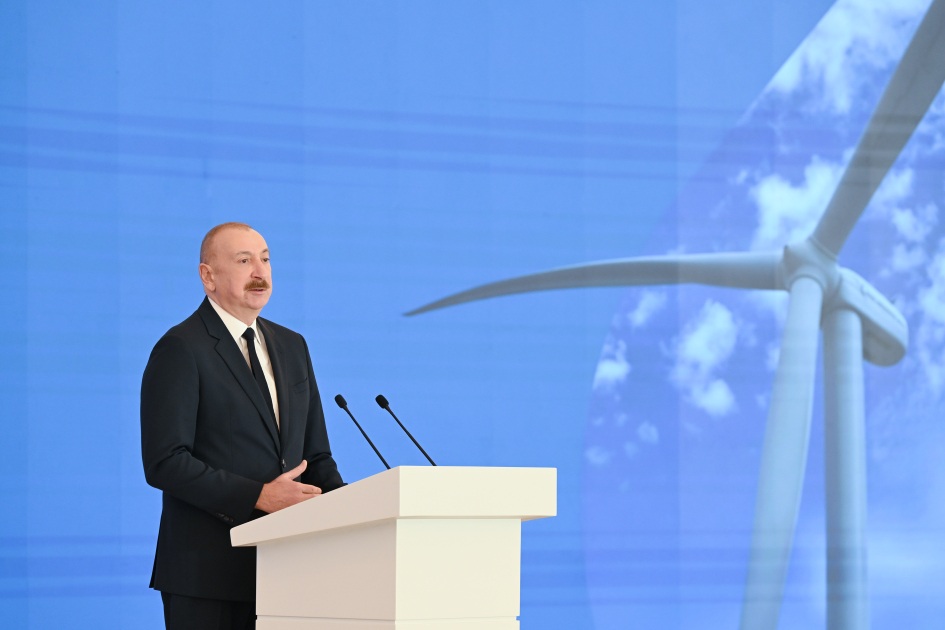
People all around the globe are currently directly, or indirectly, affected by the novel coronavirus SARS-CoV-2. The Levant News publishes voices from a wide variety of people with different backgrounds. After stories from the Netherlands, Lebanon and Italy today Mohammed Hussein Aldosari writes from Saudi Arabia.
The Covid-19 crisis and consequently the social and economic lockdowns are topics that have been frequently discussed. Both from an academic and pure Islamic, juridical, point of view. Relevant jurisprudence has been analyzed to examine the legality.
There is a close connection between the very carefully taken measures to fight the Coronavirus pandemic and the principle of "blocking the means”, a classic Islamic jurisprudence concept that has been used frequently by Islamists especially Al-Sahwa movement in Saudi Arabia.
Blocking the means is one of the concepts of Islamic jurisprudence where 'the mean' itself is something that is not forbidden by itself but there is the fear that it will be lead to a forbidden issue. It is every issue that appears to be permissible and leads to a prohibited act, and to show that if the mean leads to a spoil that was corrupt, then the mean must be cut due to the consequences of it. If it leads to an interest that was valid, then the mean is not prohibited.
I suspect that this principle of “blocking the means” has leaked to many state employees in the health sector, and to both security and political affairs. They have become legislated and the same time they were executed: having a list of decrees with what you are allowed and not allowed to do.
Some acts on non-compliance were even stamped as evil. While this is in fact an escalation of adopting principles of safety and blocking the means. This is evident in the measures taken in their severity and irrationality, whether in the punishments of prison or of a very large fine.
The reason these officials resort to this principle is because they were genuinely affected by the recent “Awakening” (al-Sahwa) whether they were aware of that or not. That is still deep inside, as well as their fear of failure and the increase in disease states, but this increase can be cured without the complete lockdown of the entire country.
Unless there is a real and effective treatment for the coronavirus, it is imperative that the principle of opening the means be pushed. Countries and cities cannot remain in a large prison without awareness of how to confront risks and when they can reopen the country.
The method of total closure cannot be changed unless there is a real treatment that eliminates this disease. Then, since there is no direct treatment for it, the country can be opened with indirect treatments and measures that will be taken after months. Since we have not yet found a cure, and then we will open the country later, so why do we delay what we will do next!
Mohammed Hussein Aldosary is a Saudi lawyer and prominent researcher in Sharia science.




